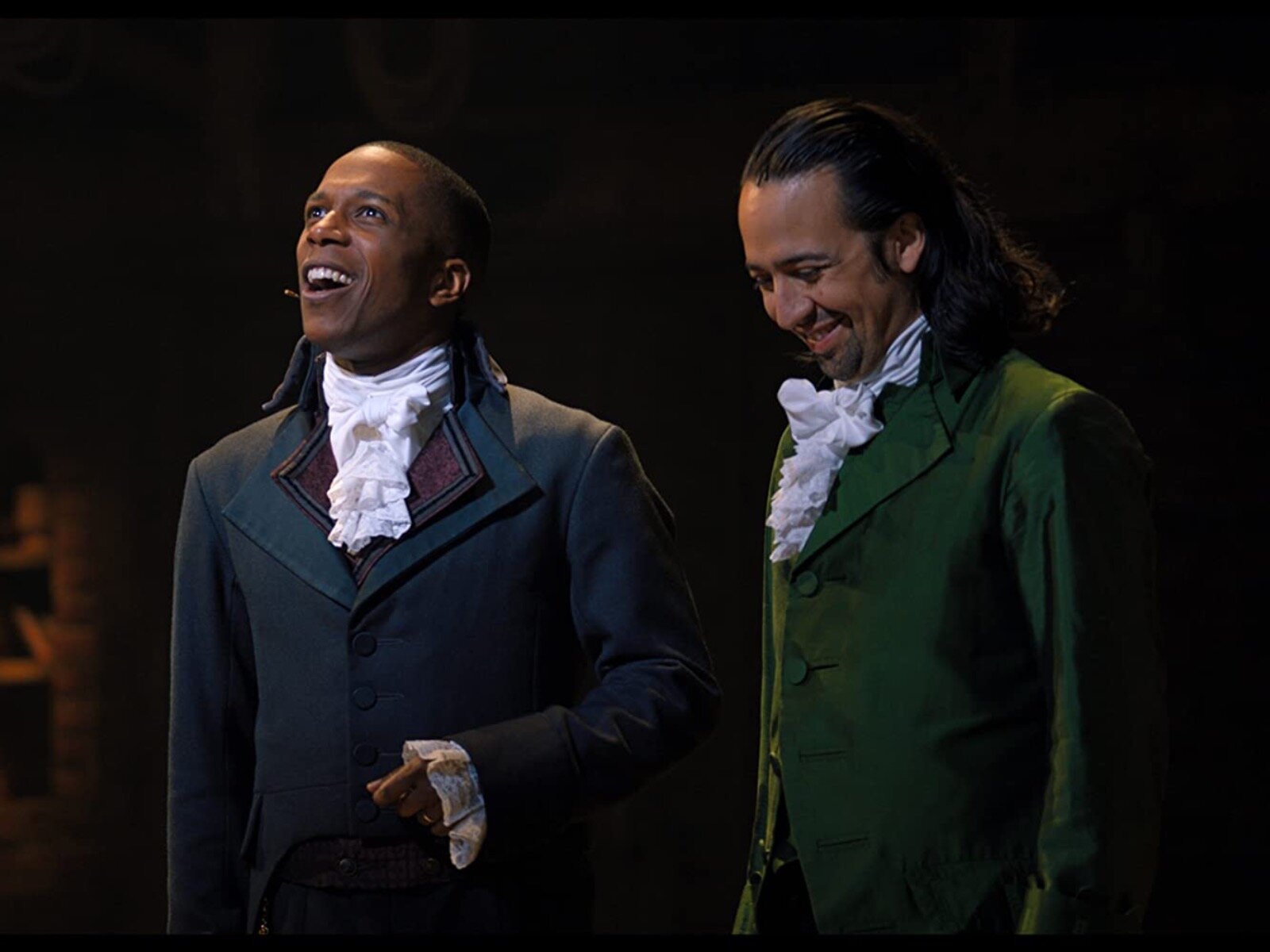Joyful. Vibrant. Infectiously fun. Visually exciting and dynamic.
These are the words I used to describe "Jersey Boys" back when I reviewed the stage production at the Marcus Center last fall. In a bold move, Clint Eastwood has captured the spirit of those adjectives and locked it in a cage somewhere far, far away from his film adaptation of the Tony Award-winning jukebox musical.
The legendary actor-director made the decision to give the story of Frankie Valli and the Four Seasons a dark, serious makeover. Not that "Jersey Boys" is holy scripture that one couldn’t dare trifle with, but it’s a misguided tactic that unfortunately transforms a piece of bright, electric pop entertainment into a dull, dreary wet mop. Some movies feel like the work of a director half their age (the late Sidney Lumet’s "Before the Devil Knows You’re Dead, for instance); "Jersey Boys" distinctly feels like a musical under the guidance of an 84-year-old, if not older.
Even though it’s told with a brand new dark haze, the story from the original show remains much the same. Three boys from the mob-ruled slums of Jersey – the voice Frankie Valli (John Lloyd Young), the ego Tommy DeVito (Vincent Piazza) and the quiet one Nick Massi (Michael Lomenda) – attempt to make it big with a pop band, in between casual run-ins with the local gangsters (led by Christopher Walken, goofily mugging as only he can) and vacations to the local penitentiary.
Merely sticking with a name is a struggle for the guys, much less steady gigs. However, things take a turn when they hook up with Bob Gaudio (Erich Bergen), a young songwriting savant already with a hit – "Short Shorts" – under his belt. They soon start cranking out hits and touring the country to packed houses. But, as many a VH1 "Behind the Music" special has ominously foreshadowed, trouble – tensions, money problems – was just around the corner.
At first glance, "Jersey Boys" seems like an odd choice for Dirty Harry to direct. Then again, it’s not the first musical on Eastwood’s resume; he starred in the Western musical "Paint Your Wagon" back in 1969 (co-written by Paddy Chayefsky of "Network" fame). It’s easy to see where Eastwood’s interest in the story would come from as well. Eastwood’s later career has often focused on mythmaking, stories and how history is recorded ("Unforgiven," "Letters From Iwo Jima," "Flags of Our Fathers"), and with its "Rashomon"-style shifts in perspective, "Jersey Boys" fits in nicely with that theme.
Though the combination of Eastwood and subject matter make sense, unfortunately, the director never asks himself if his gloomy, more realistic aesthetic vision makes as much sense for this particular story. At its core, the stage show "Jersey Boys" is a light, very standard musician biopic with a mild storytelling twist, made memorably effervescent by its sharp, propulsive energy. To remove that bright energy is to remove a large chunk of what makes the show interesting and enjoyable. Without it, it’s just another serious rise-fall-redemption biopic.
While Eastwood attempts to keep a straight face on the film, the screenplay – adapted by its original writers Marshall Brickman and Rick Elice – has the same batch of over-the-top accents, colorful characters and emphasis on comedy of its stage predecessor. It’s an uneasy clash, with the peppy script and performances trying to break out from its director’s forced glum gravitas.
Occasionally, they do. Every now and then, a snappy zinger hits its mark, or one of The Four Seasons’ classic pop songs brightens up the room a bit (the scene where, piece by piece, the band brings a song together in a bar is still a sweet tribute to the infectious power of music). For the most part, though, anything resembling lightness or joy in the movie is dulled and smothered by Eastwood’s lifeless, hazy style.
Some have argued that Dirty Harry’s emphasis on old-fashioned techniques is meant to hearken back to the era of Frankie Valli, but the near black-and-white cinematography and stiff direction don’t really create a sense of place or time. If it reminds the audience of anything, it’s of recent Eastwood films; after all, it’s the same misty grey visual aesthetic he’s brought out for almost every movie since "Million Dollar Baby" ("Invictus" is arguably the lone outlier).
The result feels less like Eastwood felt this particular creative vision for "Jersey Boys" and more like he shoehorned the show into his narrow, one-size-fits-all set of skills (a skill set that apparently still doesn’t include the not-quite breathtakingly modern concept of wig work, much to the chagrin of Bergen’s unconvincingly bearded face).
Even the music sounds weak, a cardinal sin for a musical. Now almost half a century old, The Four Seasons’ tunes are still incredibly joyful and contagious bursts of life. Yet here, the surprisingly scant numbers are performed and presented with a flat, rhythmless slack, and they don’t sound all that grand either. Many of the arrangements sound empty, and while most of the voices sound good, Lomenda’s bass sounds cartoonishly droopy, almost like he’s doing a parody on the low notes.
The biggest crime comes near the end, when on the big climactic performance of "Can’t Take My Eyes Off You" is ruined by an unruly horn section. Then again, not far behind on the film’s musical rap sheet is the constant use of "My Eyes Adored You" – clearly a love song considering the lyric "Though I never laid a hand on you/My eyes adored you" – for a subplot involving Valli’s daughter. It’s an … odd pick (the musical used "Fallen Angel," a far more effective choice).
It should go without saying that Clint Eastwood has had a marvelous career, but the past decade since he won Best Picture for "Million Dollar Baby" has not been kind to the film legend. "Letters From Iwo Jima" is the lone good movie from this recent stretch (I like "Gran Torino," but repeat viewings do bad things to it), and though a comeback would be great, "Jersey Boys" provides little to no encouragement. He took an ecstatic, glowing piece of musical entertainment and rendered it a muted husk of its former self, containing the energy of a C-SPAN segment on narcolepsy.
He retired from acting a few years back. Judging from this latest effort, directing may not be far behind.
As much as it is a gigantic cliché to say that one has always had a passion for film, Matt Mueller has always had a passion for film. Whether it was bringing in the latest movie reviews for his first grade show-and-tell or writing film reviews for the St. Norbert College Times as a high school student, Matt is way too obsessed with movies for his own good.
When he's not writing about the latest blockbuster or talking much too glowingly about "Piranha 3D," Matt can probably be found watching literally any sport (minus cricket) or working at - get this - a local movie theater. Or watching a movie. Yeah, he's probably watching a movie.







